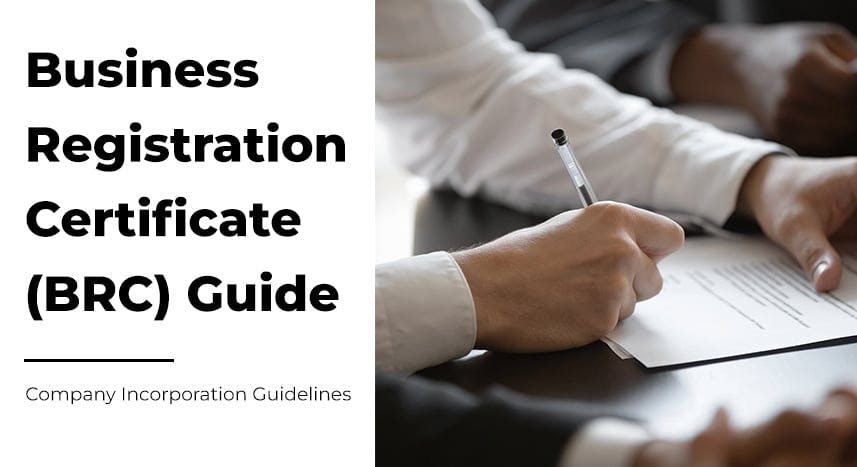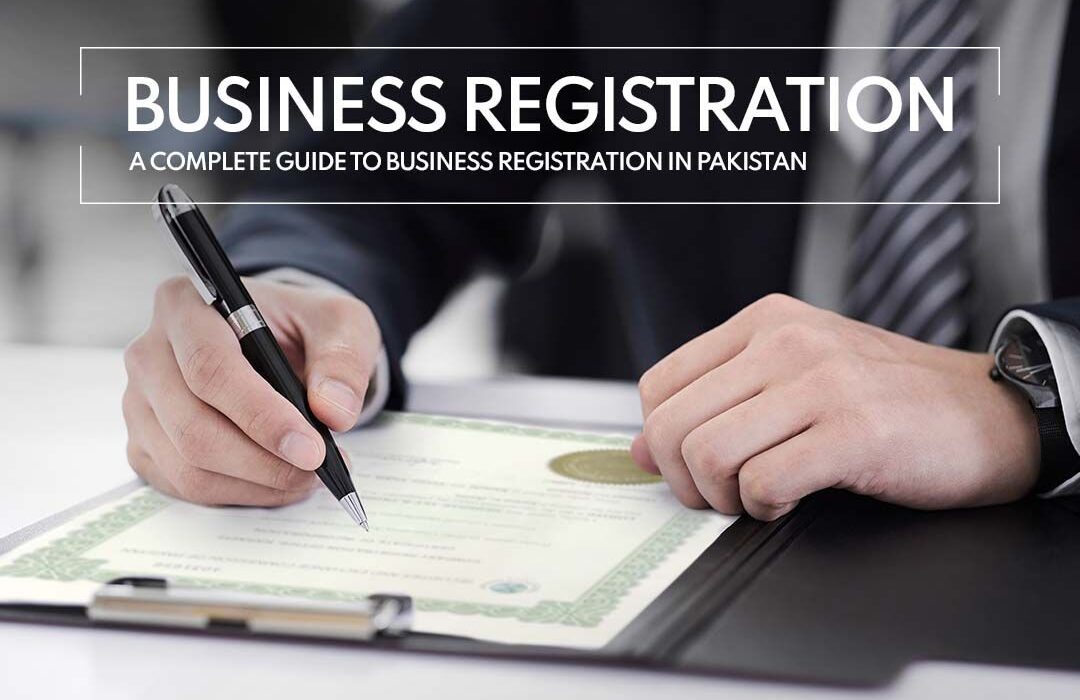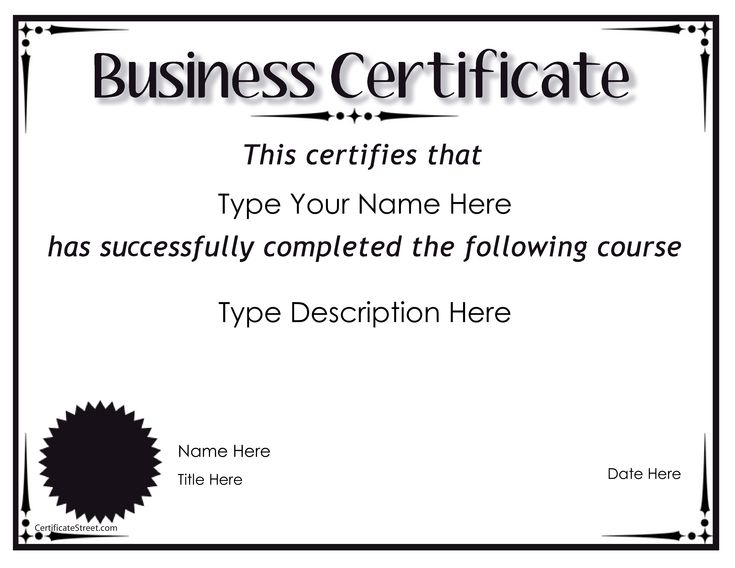Starting a business involves various legal and administrative processes, and one crucial document you’ll need is a business registration certificate. This document serves as proof that your business entity exists and is recognized by the government. While corporations and limited liability companies (LLCs) are the most common types of business entities, other types may also require registration, depending on the regulations in your specific state.
Types of Business Registration Certificates
The specific form you need to file for your business registration certificate depends on the type of business you have and the state in which you are filing. Different states may use different names for their registration certificates. Here are some examples:
-
Corporation: Corporations typically file a Certificate of Incorporation, though it may also be referred to as Articles of Incorporation or Corporate Charter.
-
Limited Liability Company: LLCs usually file Articles of Organization, Certificate of Organization, or Certificate of Formation.
-
Limited Partnership: If you have a limited partnership, you may need to file a Certificate of Partnership. However, please note that some states do not require the small business registration of partnership entities.
What is Included in a Business Registration Certificate?

The requirements for filing a business registration certificate vary by state. To ensure a smooth filing process, it’s essential to have all the necessary information prepared in advance. While most formation documents are submitted to the secretary of state, this can also vary by state. The information you need to provide will depend on the type of legal entity you are forming. Here are some commonly required details:
-
Official Name of the Business: Your business name must follow all the naming guidelines set by your state. It should be unique and not confusing. To check the availability of your desired name, you can use a Business Name Checker tool.
-
Doing Business As (DBA): If you plan to operate your business under a different name than the official registered name, you will need a DBA, also known as a trade name in some states.
-
Registered Agent: All legal business entities must have a registered agent. This person or business is responsible for accepting all legal correspondence on behalf of the company. You can find a registered agent in your state to fulfill this requirement.
-
Physical and Mailing Address: You will need to provide the principal business address and a mailing address if it differs from the physical address.
-
Corporate Shares: Corporations need to list information about initial shareholders and the number of authorized shares.
-
Member/Manager Information: LLCs are run by members and managers. Many states require the contact information of all members and managers with management-level authority. It’s advisable to determine the management structure before filing formation documents.
-
Filing Fee: There is a filing fee that must be paid when submitting the registration certificate. Many states offer online filing options for convenience.
Benefits of a Business Registration Certificate
Filing a business registration certificate offers several advantages. One significant benefit is that all your basic business information is consolidated in one document. If any changes occur in the future, you can easily amend the certificate. Additionally, using professional services can help streamline the process of filing your business registration certificate, ensuring compliance with additional filing requirements along the way.
Conclusion

In summary, a business registration certificate is a crucial document required to officially start a business. The specific form and information needed for the certificate depend on the type of business entity and the state where you are filing. By following the necessary steps and fulfilling the requirements, you can establish your business entity and ensure its legal recognition. If you have any specific legal, tax, or accounting questions regarding business registration, it is always advisable to seek the counsel of a licensed professional.
To make the process of starting your business smoother, consider utilizing professional Business Formation Services. These services can guide you through the filing process and help you stay compliant with all necessary requirements. Remember, taking the necessary legal steps is essential for launching a successful and legally recognized business.
Ready to Start Your Business?
If you’re ready to start your business, make sure to follow the necessary steps for business registration. By understanding the requirements and gathering all the required information in advance, you can streamline the process and ensure a hassle-free registration experience. Remember, compliance with legal regulations is crucial for the long-term success and stability of your business.
